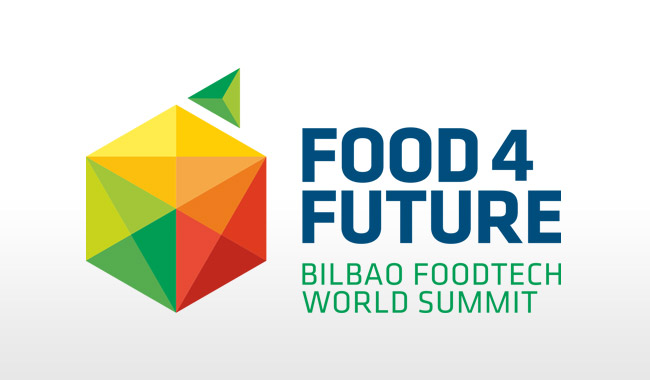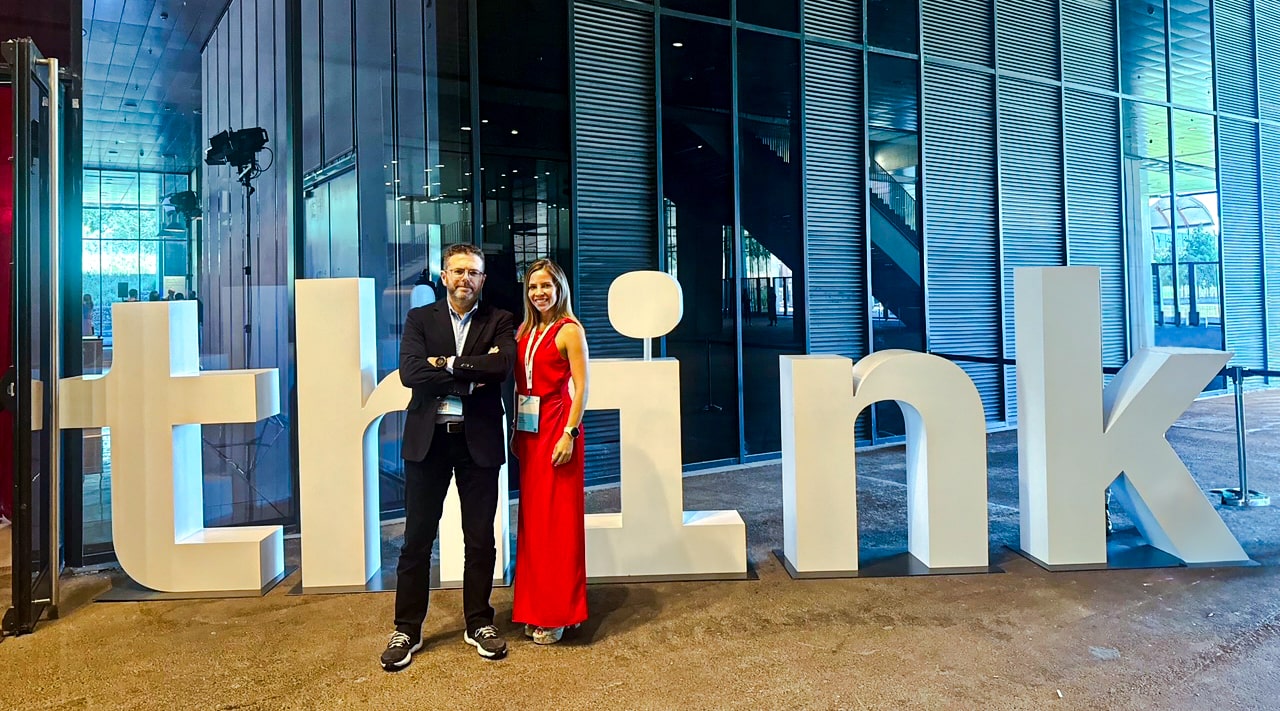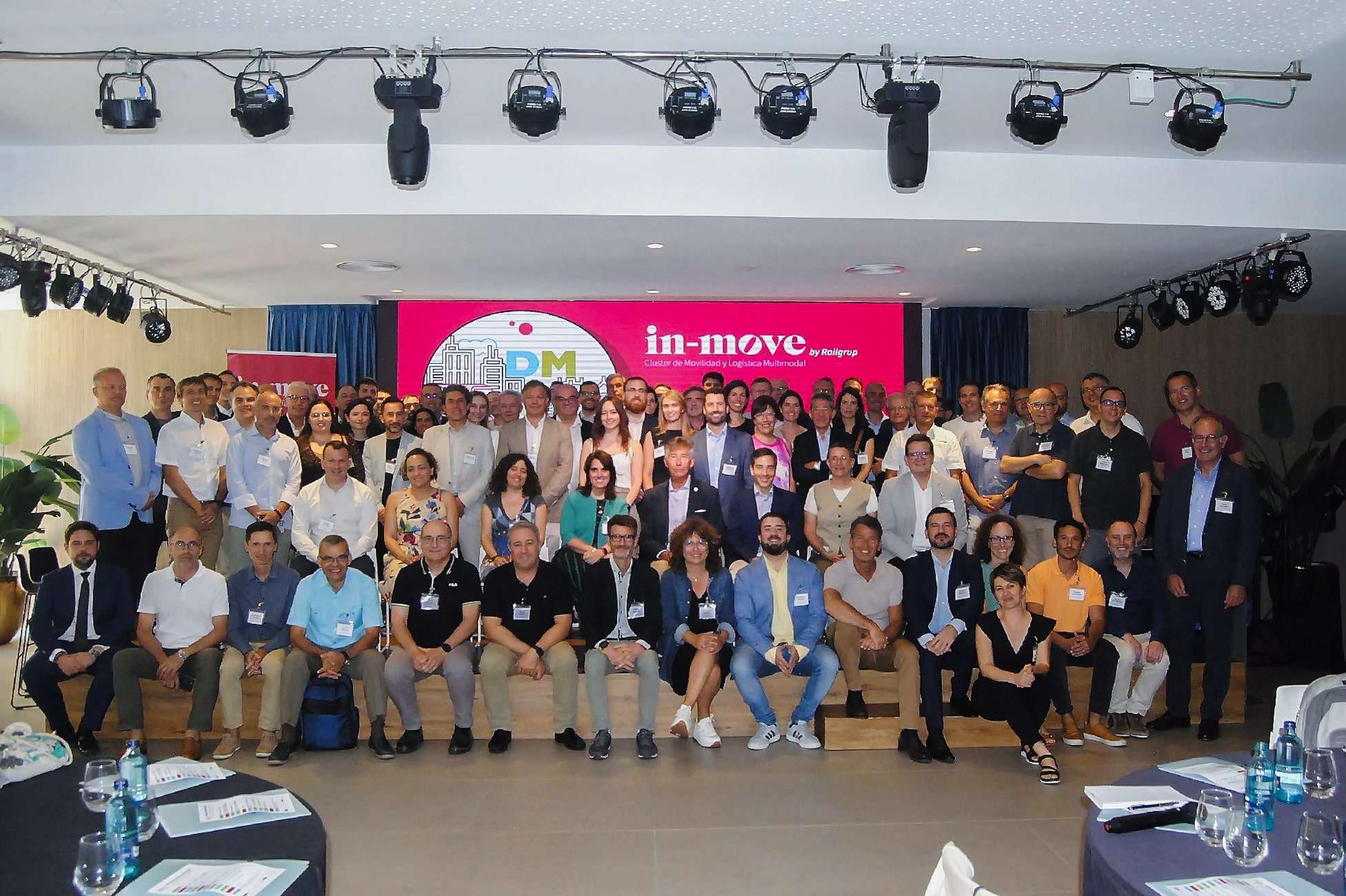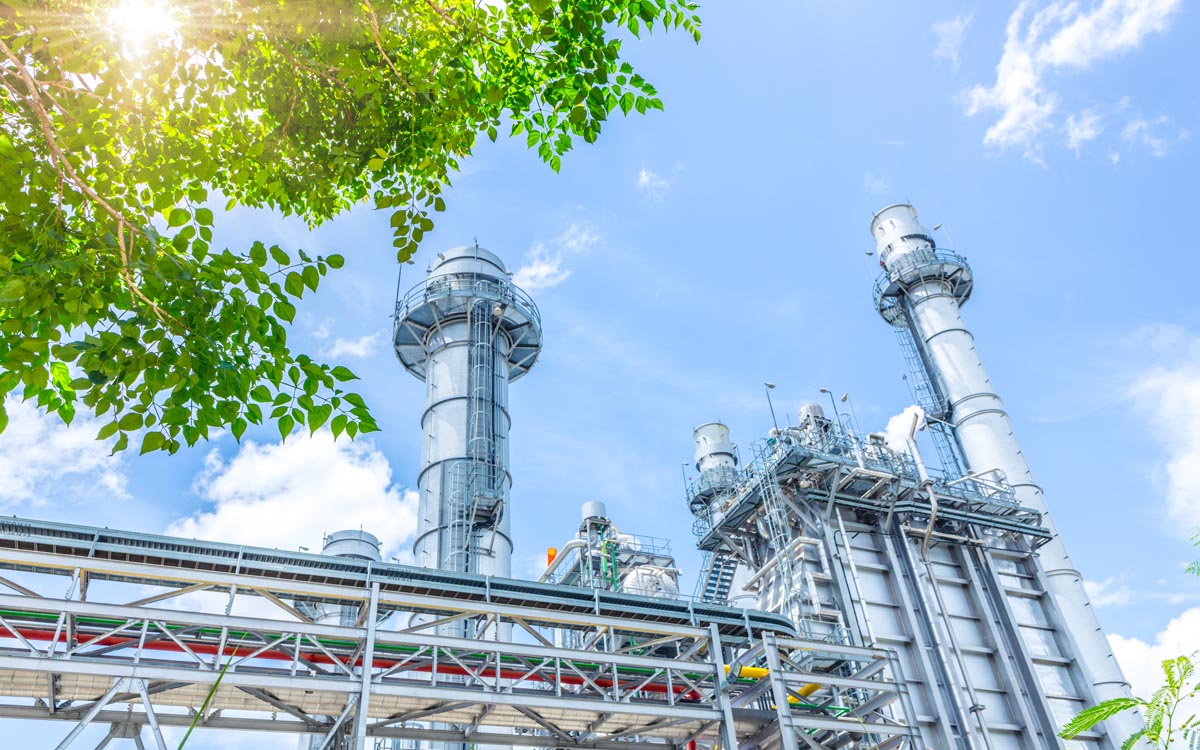aggity takes its comprehensive approach to decarbonize and improve the sustainability of the food industry to food 4 future

As a use case of Generative AI under the IBM Watsonx platform in connection with the Smart Factory suite by aggity, the company shows how to optimize the CMMS in the plants of Europastry, a Spanish manufacturer of frozen dough for bakery and pastries.
Madrid, April 15, 2024 – aggity participates for the first time in Food 4 Future – Expo Foodtech 2024 which, under the slogan ‘Foodtech 6.0’, celebrates its fifth edition in Bilbao from April 16 to 18, and where the Spanish technology multinational presents its comprehensive proposal to decarbonize and improve the sustainability of the food industry.
Specifically, the Spanish technology multinational is showcasing at the event the combined strength of its Smart Factory by aggity platforms, for advanced management of manufacturing plants, and GreenwAIs by aggity, to manage, monitor and report on the evolution of the plan and the different sustainability actions of companies in an industrial subsector with a turnover of 142,073 million euros in Spain, i.e. 24.2% of the manufacturing sector.
With references from clients such as Pascual or Frit Ravich, aggity is also a strategic partner of entities linked to the food sector such as Calidalia, a company that brings together the main food, beverage and consumer goods companies in Spain, or Landaluz, the business association that represents the Agri-Food Cluster of Andalusia.
The Smart Factory by aggity platform covers the entire food and beverage production cycle, from the planning of resources and people in the plant to logistics, and it does so in a differential way, since it integrates energy management as another parameter, along with machinery / robotics, raw materials and resources.
The various software solutions (APS, MES, BI / IA, EMS and EAM /GMAO) that make up the Smart Factory by aggity platform incorporate the monitoring, efficiency and optimization of the energy vector as another component to be considered in the production cycle, thus making it possible to establish a more reliable total cost of the product and a fundamental basis for starting to work on decarbonization.
To address decarbonization, aggity has the GreenwAIs by aggity suite, a platform comprising two integrated pieces. The first is the energy manager, which captures consumption information wherever it is produced (meters, IOT) and, in conjunction with the MES system, provides the criteria for planning and executing production with optimized consumption and orchestrating generation. In addition to integrating the SIAL solution, aggity also has a commercial agreement with Sener to implement the engineering EMS.
The second piece of GreenwAIs by aggity is IBM’s Envizi ESG suite, which serves several functions. It compiles all sustainability information, including energy consumption and carbon footprint data (Scope 1, 2 and 3) in a single auditable repository; and also enables predicting and optimizing energy generation, purchasing and utilization through the use of advanced and predictive analytics; as well as reporting and tracking ESG (Environmental, Social and Governance) objectives and actions.
The combined use of Smart Factory by aggity and GreenwAIs by aggity increases OEE (Overall Equipment Effectiveness) by up to 16% and reduces energy consumption and CO2 footprint by up to 15% and 21%, according to aggity data from customer implementations; and also enables, as mentioned above, compliance with new sustainability reporting requirements.
In addition, and as a use case of Generative AI under the IBM Watsonx platform in connection with the Smart Factory suite by aggity, the company shows how to optimize the CMMS in the plants of Europastry, a Spanish manufacturer of frozen dough for bakery and pastry.
Regulatory compliance, a lever for Sustainable Industry 4.0
aggity’s proposal for companies in the food and beverage sector responds to the need for food and beverage manufacturers, as well as the industrial sector as a whole, to carry out an energy transition to meet the twin goals of reducing emissions by 30% by 2030 and achieving net zero emissions by 2050.
With these goals, the food industry is subject to the new European Union (EU) Corporate Sustainability Reporting Directive (CSRD), which raises non-financial reporting requirements and mandates detailed ESG sustainability reporting. The standard, which came into force in January 2023 and has become a lever for Sustainable Industry 4.0, will be mandatory in 2025 for listed companies and companies of public interest; in 2026 for large companies with more than 40 million euros in turnover, 250 employees or more than 20 million in assets; and in 2027 it will also reach SMEs, with the exception of micro SMEs.
According to Pablo Gonzalez, CEO of aggity Spain, “companies operating in the different links of the value chain of the food and beverage industry can turn the challenge of decarbonization into a competitive opportunity”. “Delaying the assumption of this challenge”, -González warns, “it means running the risk of being left out of the market, and assuming this means extracting the value of technology along three main lines: digitalization, Artificial Intelligence (AI) and monitoring the ESG sustainability plan”.
According to José Luis Estruch Retail & Consumer Goods Sector Leader at aggity, Sustainability is not an option, it is a requirement and also a self-demand of the companies themselves, aware of their impact on society and the importance of the ESG dimension in the perception and loyalty of consumers” “It’s time”, – adds Estruch–. “to turn the challenge of decarbonization into a competitive opportunity through disruptive innovation.”
Últimos posts

IBM Think 2024 bets on Generative Intelligence and It Automation solutions

aggity participates in the “Mobility Dialogues” meeting organized by IN-MOVE by Railgrup

aggity appoints Diego Viudes as new commercial director for the spanish business

Key developments in green innovation

Aggity signs a commercial agreement with Sener to address energy efficiency and decarbonization projects in the industrial sector.

“Sustainability, without data, is simply a pipe dream.”

Improvements in corporate data protection





